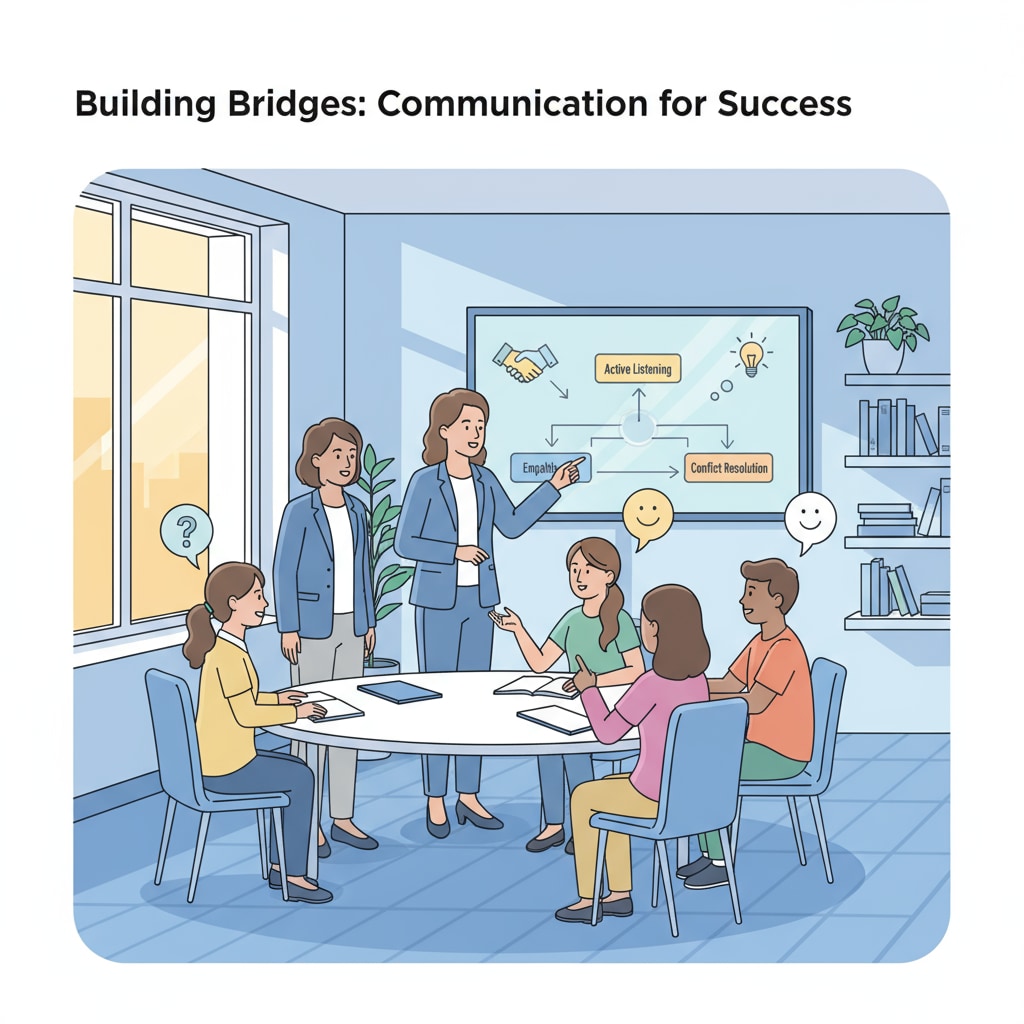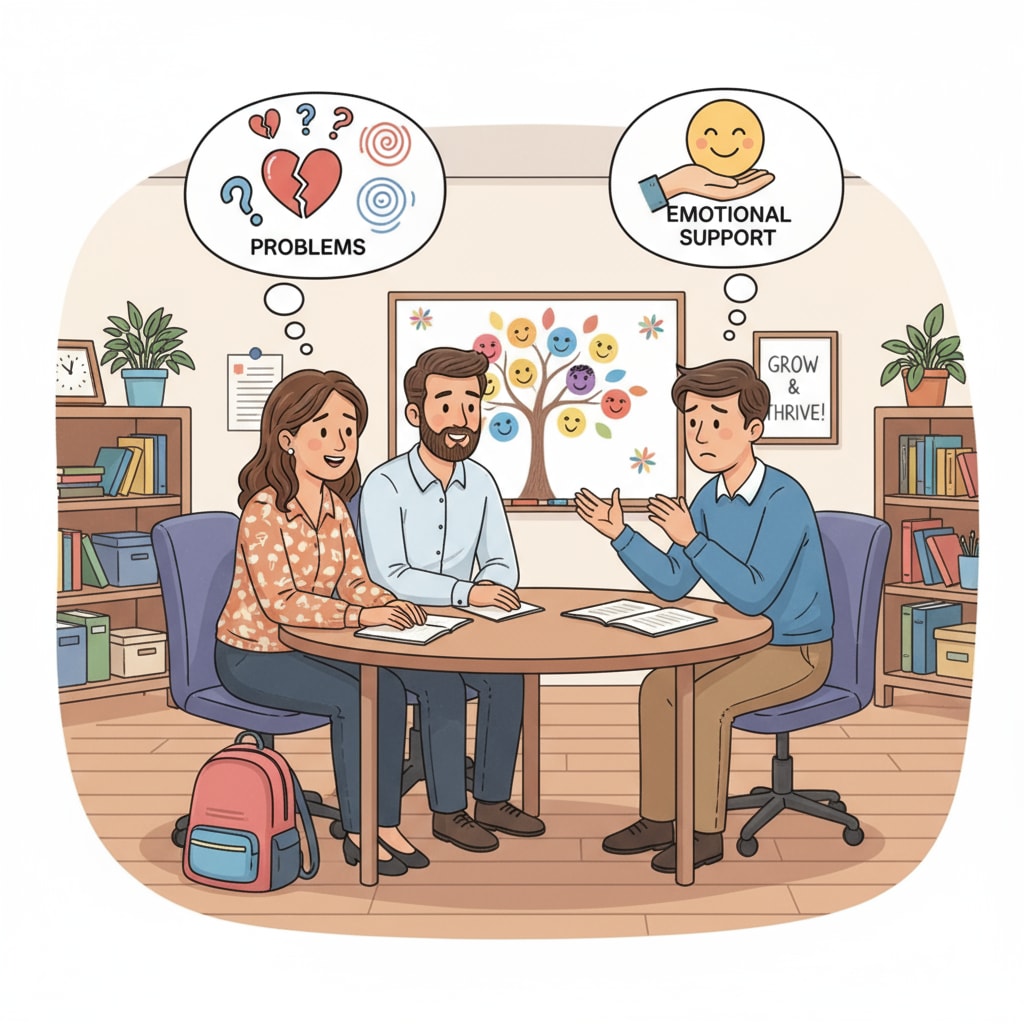In the vast landscape of the education system, school counselors play a multifaceted role. Their duties are expected to span various aspects, from academic guidance to emotional support for students. However, there often exists a significant gap between what is expected of them and what they can actually achieve.

This article aims to explore this disparity and shed light on the true value of school counselors in the K12 education system.
The Expected Duties of School Counselors
School counselors are typically envisioned as all-round support systems for students. They are expected to assist students in making informed decisions about their academic paths. For example, guiding them in choosing the right courses that align with their interests and future career goals. American Psychological Association’s Insights on School Counseling In addition, they are supposed to be a source of emotional comfort, helping students deal with stress, anxiety, and other mental health issues. Moreover, school counselors are tasked with promoting a positive school environment, fostering good relationships among students, teachers, and parents.

Systemic Challenges Faced by School Counselors
Despite their noble intentions, school counselors encounter numerous systemic challenges. One major issue is the high caseload. With a large number of students to attend to, it becomes difficult for them to provide individualized attention. Additionally, there is often a lack of sufficient resources. This includes limited access to mental health training and tools, which restricts their ability to offer comprehensive support. American Counseling Association’s Resources on School Counseling Furthermore, the administrative tasks piled on them can consume a significant amount of their time, leaving less room for their core counseling duties.
In conclusion, while school counselors hold a crucial position in the education system, it is evident that there are significant hurdles in the way of them fulfilling their duties effectively. By addressing these systemic issues and redefining their roles, we can enhance the actual value of school counselors and ensure that students receive the support they truly need.
Readability guidance: The article uses short paragraphs to make the content more digestible. Each H2 section provides a clear focus on different aspects related to school counselors. The passive语态 is kept to a minimum, and transition words like “however”, “in addition”, and “moreover” are used to improve the flow. Lists could be further incorporated in future expansions to better present key points.


